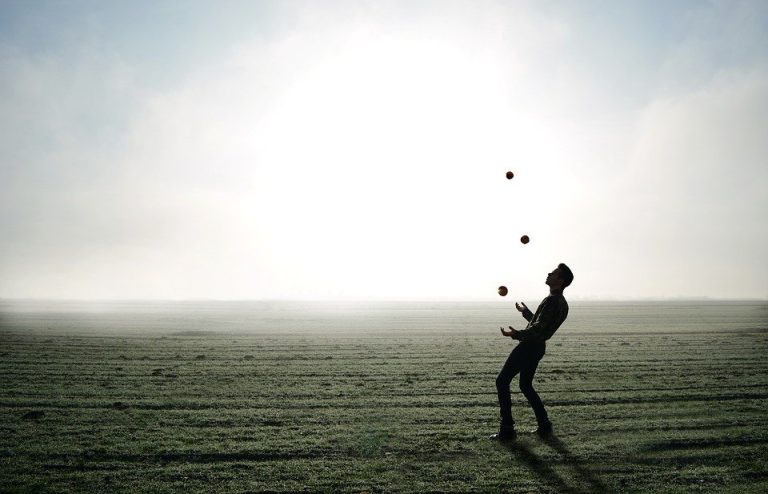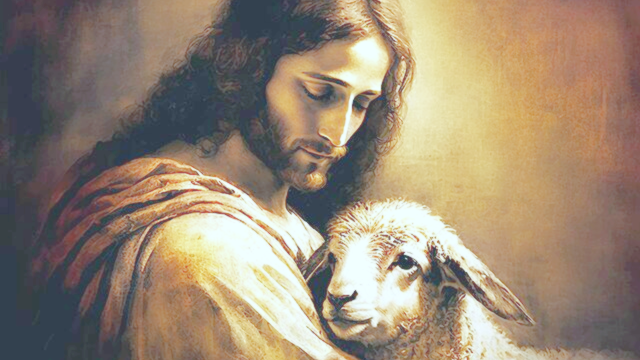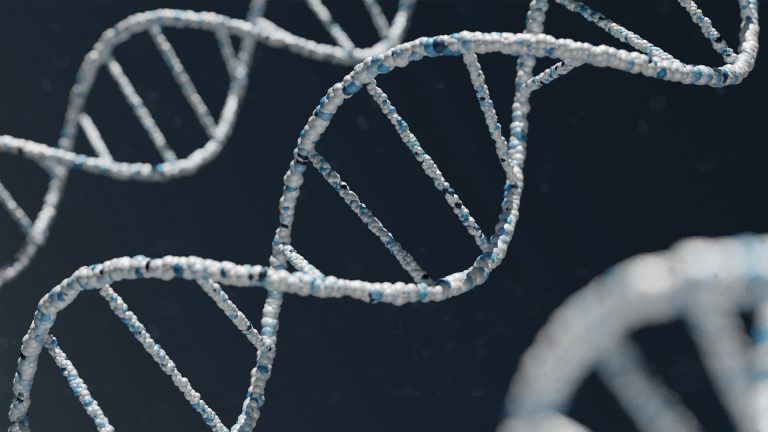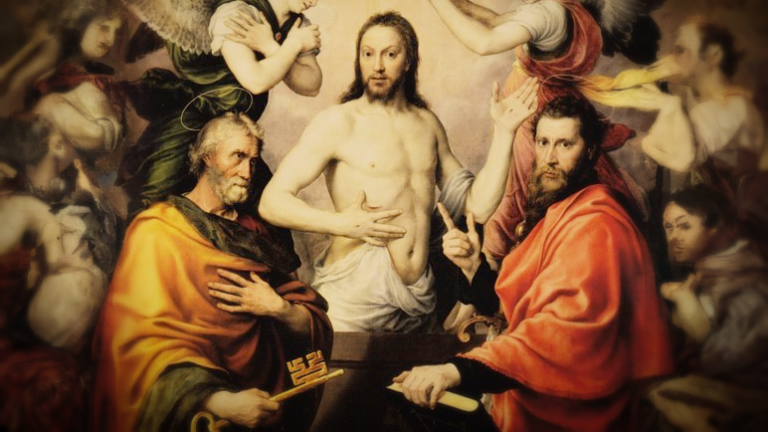The newer the history book, the farther it is from the subject. We all know that, but few of us consciously make an effort, when reading, to understand that, the newer the history book, the more contemporary material there is that has to be left out. There’s just not room in a human’s book for everything.
The other day, I found a very small history book from 1815. It was a history of the United States that began by describing its discovery and providing a history of the individual states. It won an early prize for American scholarship, and was titled “A History of the UNITED STATES, from their first Settlement as Colonies, to the close of the War with Great Britain in 1815”.
One of the most fascinating items it contained concerned the first European colony in the United States. Absolutely amazingly, it was in 1502! Think of it! Twelve years after Columbus, French Protestants had set up a settlement in South Carolina. Possibly because these earliest of settlers were both French and Protestants, it didn’t do well. After the ship that dropped them off returned to France, they got upset with one thing another. They mutinied, and killed their leader. Then, the surviving French Protestants built a boat. In all likelihood, it was something on a technological par with Huckleberry Finn’s raft. They sailed away in what, being French Protestants, seemed to be a boat. It’s not recorded how they carried water, but they set off in an attempt to get back home.
Some distance out to sea, they ran out of food. One of the starving men volunteered to save the others: “You may kill and eat me in order to stay alive.”, he announced. By allowing them to do the first two things, his shipmates were able to do the third.
A few days later, the reasonably well-fed French Protestants were picked up by an English ship and returned to Europe.
It’s an odd story, but one that gives some insight into the difficulties of pioneering and what can happen to those among the first people in “the oldest daughter of The Church” to renounce their ancient faith.







